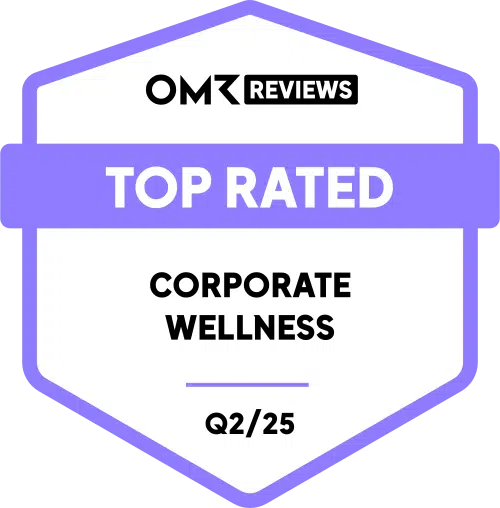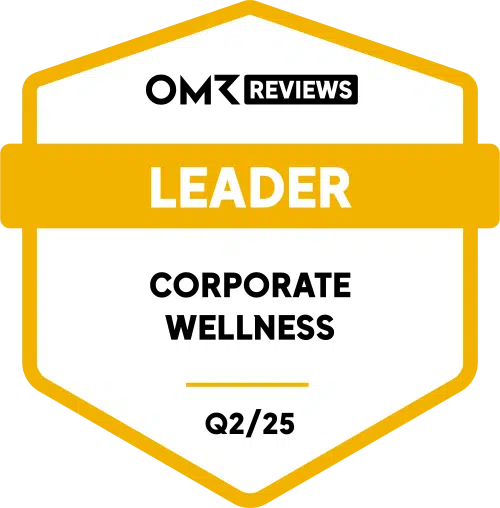In the morning and afternoon the one or other cup of coffee, in the evening a few beers with friends sizzle. Coffee and alcohol are simply a part of life. In what quantities are they safe and when should you rather do without them? You can find out all this and more in this article.
Coffee - the popular wake up call
Coffee not only tastes good, but also drives away tiredness in the morning due to the caffeine it contains. It takes about 15 to 30 minutes for the body to absorb it and for it to take effect. The wake-up effect comes from the fact that caffeine blocks the fatigue-inducing hormone adenosine. In addition, caffeine stimulates the central nervous system, which stimulates the circulation. However, this effect decreases with increasing coffee consumption, because the body gets used to the amount of caffeine. Those who abruptly stop their high coffee consumption may experience withdrawal symptoms: headaches and fatigue become widespread, but fade away again after about one to two days.
Coffee and health
But is too much coffee harmful to health? Or even beneficial to health? And how much is too much? The long-term effects of the caffeinated hot beverage have long been the subject of research, although the findings have been contradictory. Today we know that coffee is not a health risk for healthy people if you don’t drink it too hot – because if it’s hotter than 65° Celsius, the cells of the esophagus are damaged. Otherwise, you can safely enjoy your cup of coffee. About the recommended daily amount one is not yet completely agreed upon, with 4 to 5 cups per day one is well advised. According to cardiologists, such a quantity even helps to reduce the risk of cardiovascular disease. Against this background, coffee tastes even better.
Alcohol - the people's drug No. 1
To make a long story short: There is no such thing as risk-free drinking, and alcohol can make you sick. Nevertheless, it is a matter of course at parties and other social gatherings. With a cold beer in hand, you can end the day or start a long night. 30 to 60 minutes after consumption, the alcohol in the blood reaches its peak and is thus distributed throughout the body, including in the brain. There it causes a lot of chaos. The transmission of impulses from nerves is impaired, and we think more slowly. In addition, hormones are released that make us relaxed, uninhibited and talkative. Intoxication can cause loss of control, but not of brain cells, as is often claimed. These do not die immediately after consumption, but in the long run alcohol can cause damage.
In addition to the brain, the liver can also suffer damage. In men who consume more than 30 grams of alcohol (= 600 ml of beer) daily over a longer period of time, the liver stores fat and there is a risk of fatty liver. For women, 15 grams of alcohol is sufficient, i.e. only half.
How quickly we get drunk depends on body weight, gender, habituation, physical condition and our stomach contents. Thus, some are already properly buzzed after 3 beers, while the others feel no effect. Of course, the length of time over which alcohol is ingested also affects our condition. If you stop drinking, the amount of the cellular toxin in your body decreases. On average, women reduce their alcohol intake by 0.1 per mille, men by 0.1 to 0.2 per mille per hour. Those who do not want to give up alcohol are advised to enjoy it in moderation, to skip the drunken stupor, and to allow the body alcohol-free phases for regeneration.




